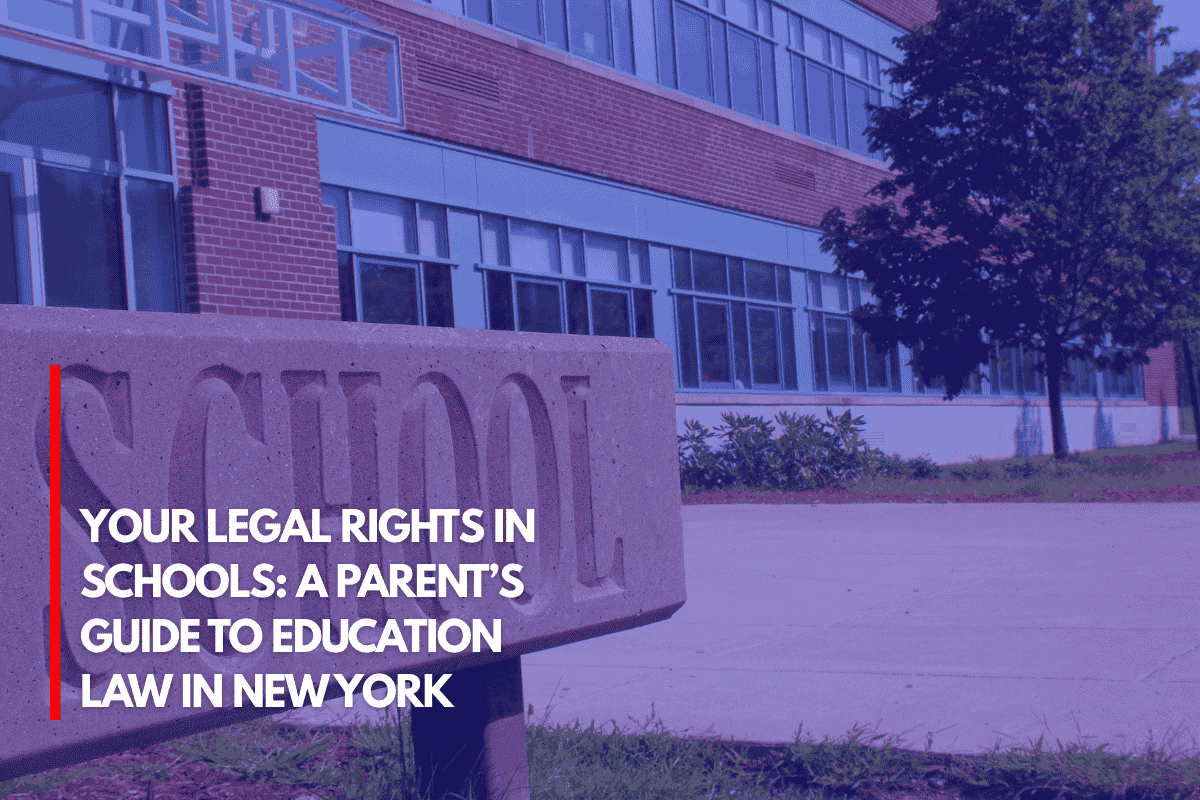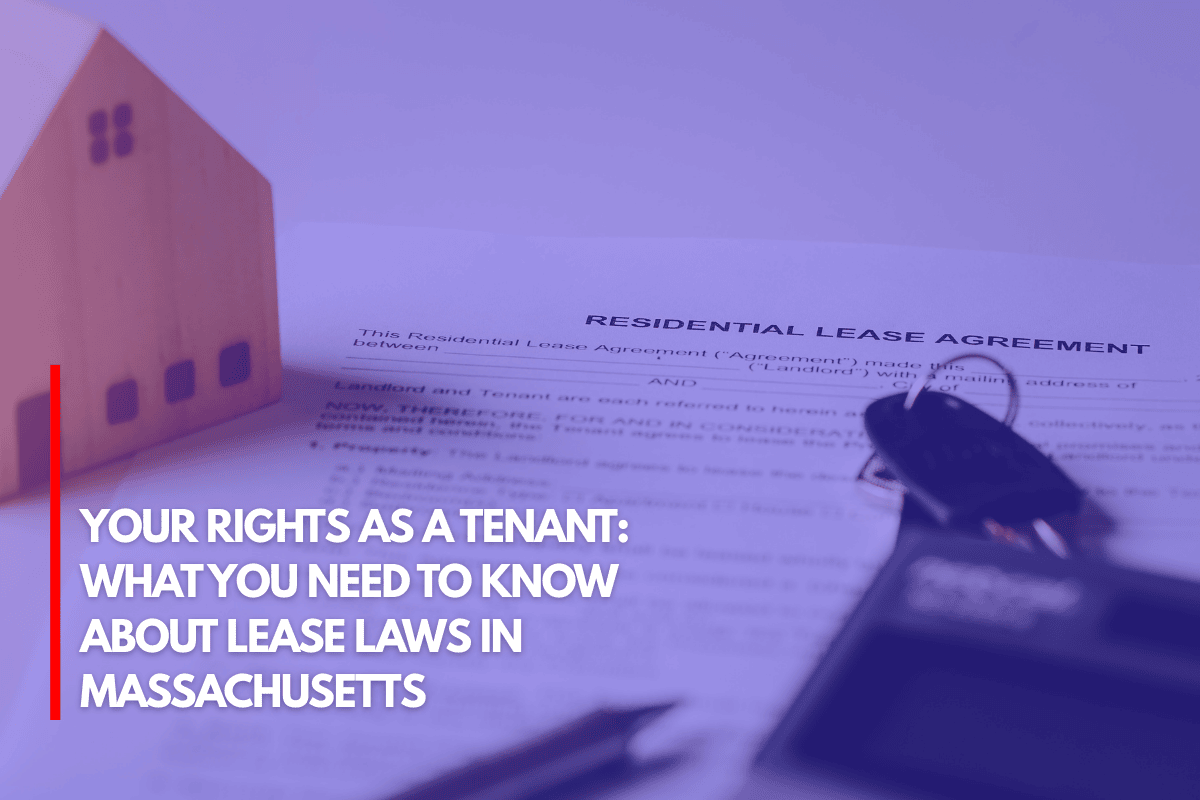This is a helpful guide to your legal rights as a parent in New York schools, emphasizing the most significant federal and state safeguards, special education issues, and recent advancements.
Fundamental Parent Rights in New York Schools
The Right to Free Public Education: All children in New York, regardless of their family situation or immigrant status, are entitled to free public education. Parents are entitled to actively participate in school life, receive school information in their preferred language, and apply to any public school for their child.
Information Access and Involvement: Parents must be able to view their child’s academic records and learn about their progress, including whether they face suspension or grade repeat. Public schools in New York City are legally obligated to offer interpretation and translation services to families in need.
A Parents’ Bill of Rights: Publication of a Parents’ Bill of Rights that addresses due process, enrollment, participation, and data privacy is mandatory for schools. If parents feel that their rights or the rights of their children have been infringed, they have the option to register a complaint.
Non-Discrimination: Your child has the right to go to school free from prejudice on the grounds of gender, color, national origin, handicap, or immigration status.
Special Education Rights
Individualized Support: Children with disabilities are entitled to a free adequate public education (FAPE) under the Individuals with Disabilities Education Act (IDEA), which also includes an Individualized Education Program (IEP) that is customized to meet their specific needs.
504 & ADA Protections: A kid may be eligible for accommodations through a 504 Plan even if they do not meet the requirements for an IEP. Protections against discrimination are strengthened by the Americans with Disabilities Act (ADA).
Placement and Inclusion: Parents are entitled to the Least Restrictive Environment (LRE), which means that their kid should spend as much time as possible with peers who are not impaired.
Procedural Safeguards: When a child is sent for evaluation, parents are required to receive a copy of the state’s Parent’s Guide to Special Education. Evaluations, grievances, mediation, and due process hearings are all options available to you.
New Developments (2025 Legislative Session)
Students Who Are Pregnant or Parenting: New York passed legislation protecting pregnant and parenting students from discrimination and guaranteeing that all schools provide reasonable accommodations. For these students, schools must provide resources and assign liaison officers.
Adoption and Parentage Law: More than two parents may be included in affirmative adoption and parentage rulings to support a variety of family arrangements.
Opt-Out Immunity & Health Education
If parents feel that health and hygiene lessons (including sex education) go against their religious convictions, they might choose not to participate. However, a religious official’s certification is necessary.
Step-by-Step Guide if Rights Are Violated
Make direct contact with the principal and guidance counselor at the school.
Citing the Parents Bill of Rights, submit a formal complaint to the district or school.
Ask for a due process hearing or mediation (particularly for special education problems).
For unsolved difficulties, get in touch with the State Education Department or the appropriate agencies.
Quick Reference Table: Key Parent Rights
| Right | Details/How to Exercise |
|---|---|
| Free Public Education | Enroll child regardless of immigration status |
| Information Access | Request records, progress updates, translation services |
| Special Ed Support | Request evaluation, review IEP/504 plans |
| Non-Discrimination | Challenge exclusion/discrimination in school |
| Opt-out Provisions | Request to opt out of classes for faith reasons |
| Complaint Resolution | File complaints, request hearings, or mediation |
| Rights for Parenting/Pregnant Students | Ask for accommodations and resources |
Advocating for your child’s progress and welfare in New York schools requires that you are aware of your rights. In the educational process, parents may and ought to be empowered collaborators.
References:









